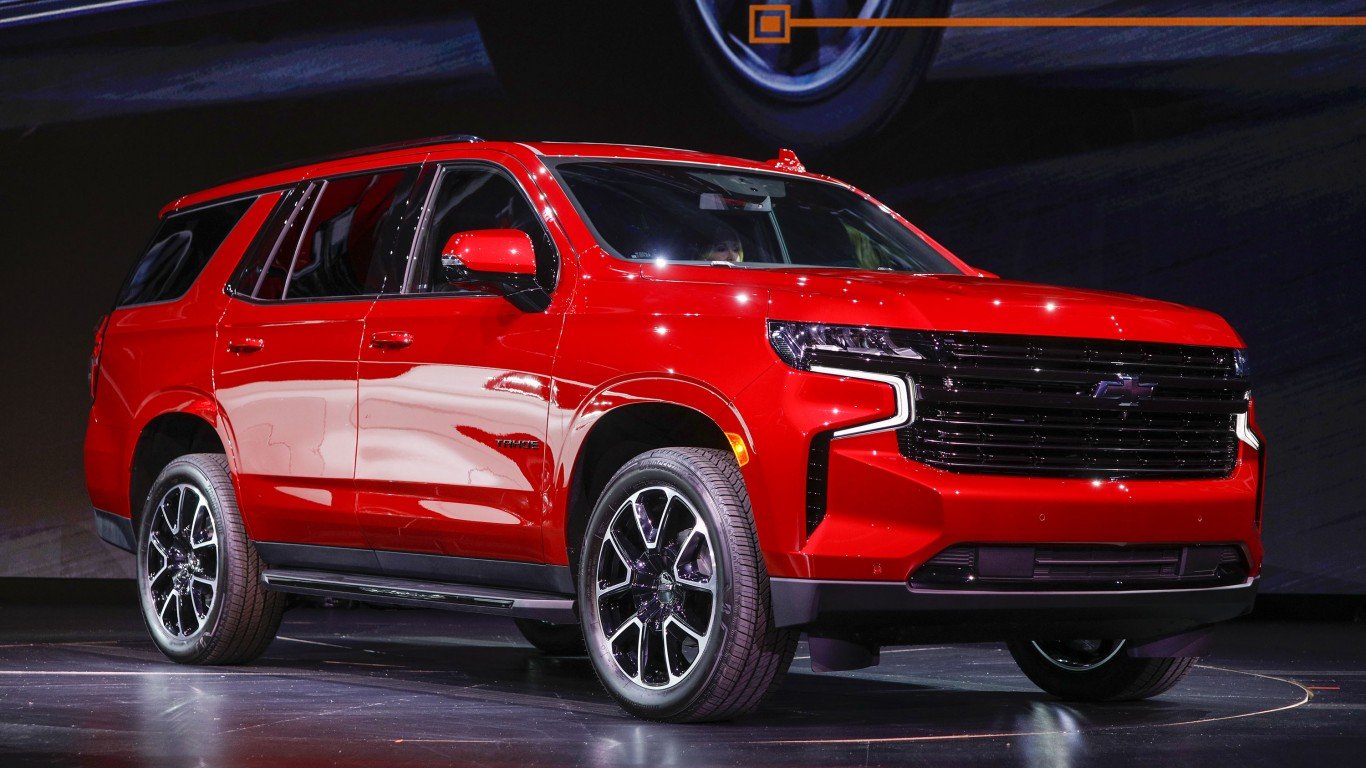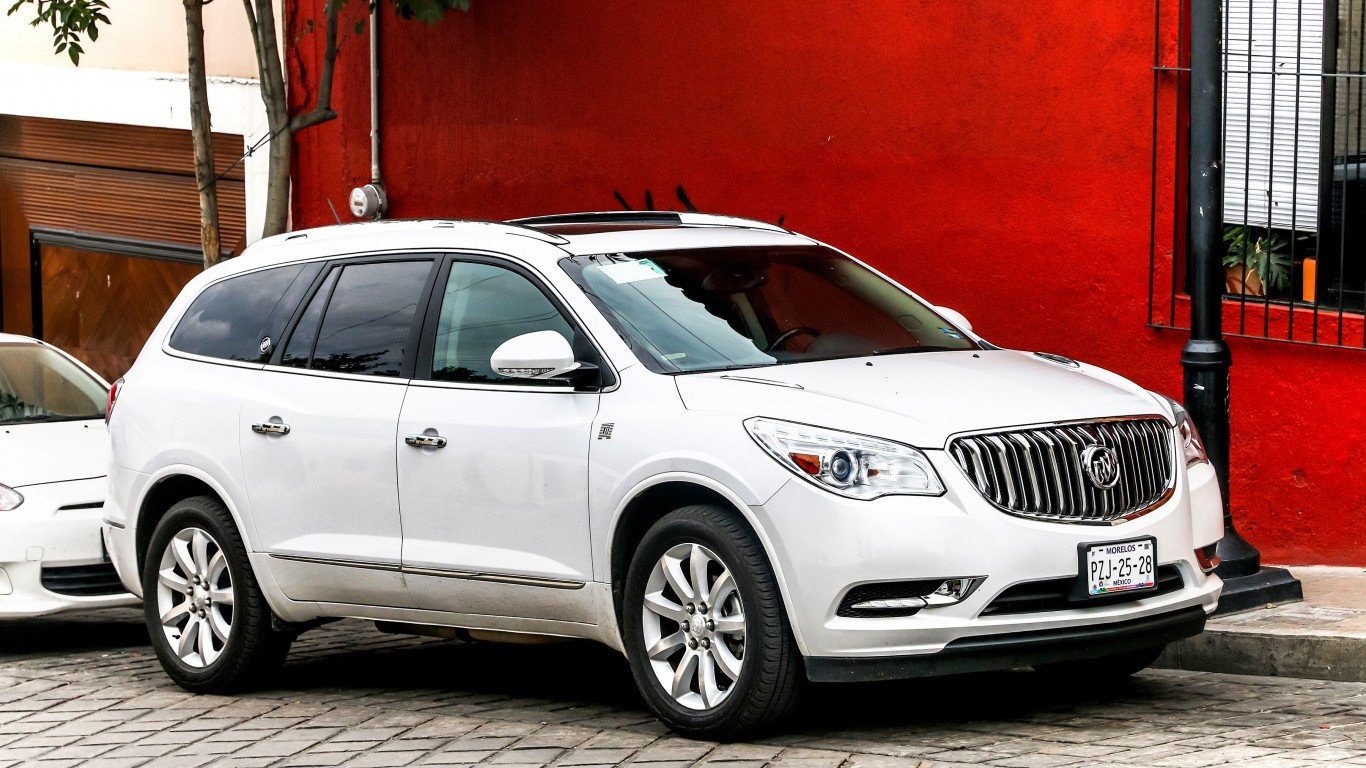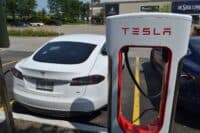

Trade wars ultimately hurt all parties involved in one way or another, and with the U.S. president threatening heavy tariffs on imported vehicles, U.S. automakers might be getting the worst deal. In fact, one major domestic trade group believes that the effects from this tariff could be damaging to the U.S. auto industry as a whole.
The Alliance of Automobile Manufacturers, a trade group representing domestic and foreign automakers with plants in the United States, has a laundry list of reasons that this import tariff is a bad idea, which would ultimately hurt American families and workers.
The group initially released a statement saying:
While we understand that the Administration is working to achieve a level playing field, tariffs are not the right approach. Tariffs on autos and auto parts raise vehicle prices for all customers, limit consumer choice and invite retaliatory action by our trading partners. Automakers support reducing trade barriers across the board and achieving fairness through facilitating rather than inhibiting trade.
The group believes this tariff will result in a $45 billion tax on consumers, not including costs from tariffs on auto components. Also buyers of imported vehicles facing an average price increase of $5,800 from a 25% import tariff, according to an analysis of U.S. Department of Commerce data.
Substantial job losses are expected as well. A 25% tariff on imported vehicles and vehicle components would result in a 1.5% decline in production and cause 195,000 U.S. workers to lose jobs over a period of one to three years, or possibly longer, according to the Peterson Institute for International Economics. This firm’s analysis estimates that if other countries retaliate with tariffs, then American job losses would likely increase to 624,000.
The Alliance of Automobile Manufacturers offered a solution that does not involve imposing a tariff:
Domestic and international automakers build autos in 45 facilities in 14 states and support more than 7 million jobs across the U.S. We believe that the economic security of the auto industry and country would be strengthened through modernizing NAFTA to grow U.S. manufacturing and jobs, concluding a U.S.-EU Trade Pact to address trade barriers on both sides of the Atlantic and seeking other opportunities to expand market access for U.S. auto exports.
Essential Tips for Investing: Sponsored
A financial advisor can help you understand the advantages and disadvantages of investment properties. Finding a qualified financial advisor doesn’t have to be hard. SmartAsset’s free tool matches you with up to three financial advisors who serve your area, and you can interview your advisor matches at no cost to decide which one is right for you. If you’re ready to find an advisor who can help you achieve your financial goals, get started now.
Investing in real estate can diversify your portfolio. But expanding your horizons may add additional costs. If you’re an investor looking to minimize expenses, consider checking out online brokerages. They often offer low investment fees, helping you maximize your profit.
Thank you for reading! Have some feedback for us?
Contact the 24/7 Wall St. editorial team.



